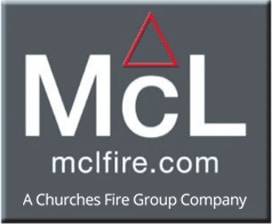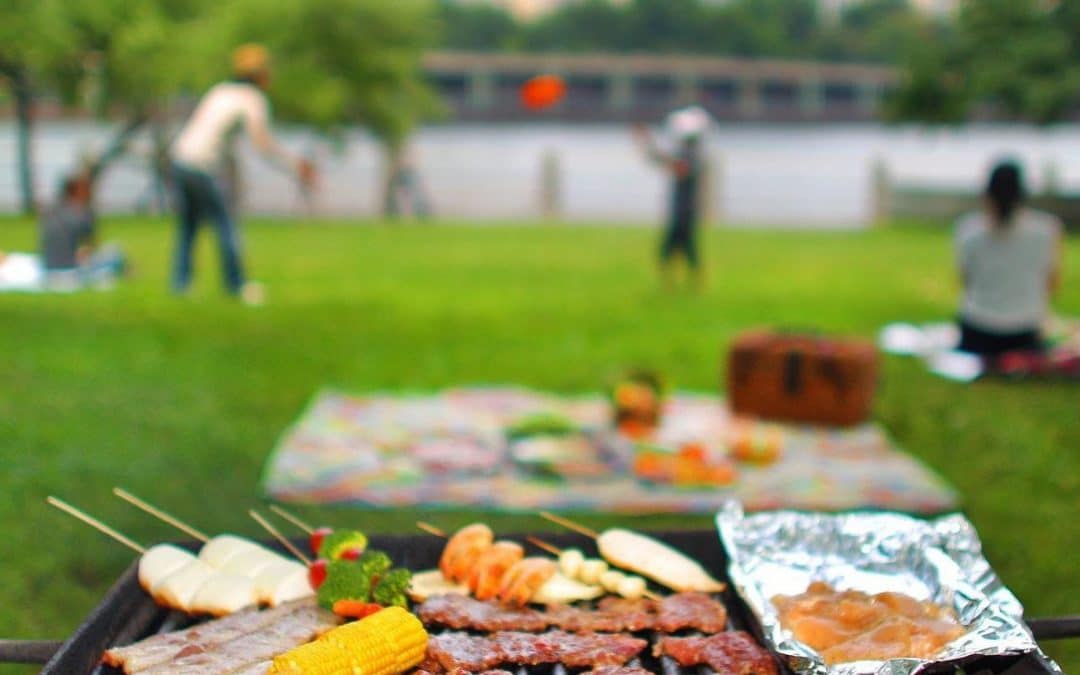The most common types of barbecue-related accidents are burn/scald/other injury related to fire or flame and the number of these incidents tend to increase over the summer periods so for today’s summer safety week blog we are giving you top tips on how to keep safe around the BBQ this summer!
-
When choosing a barbecue, stability is essential – ensure the one you choose is strong and sturdy
-
Check your barbecue is in good condition (particularly if you have not used it for some time) and look for loose or damaged parts that may need adjustment or repair
-
Consider the location – level ground, away from fences, sheds and overhanging trees, which have been known to catch fire
-
Never light a barbecue in an enclosed space
-
Prepare the barbecue early to ensure it is at the right temperature by the time you want to cook
-
Particular care should be taken in hot, dry weather to reduce the risk of starting a forest or grass fire
-
Never pour petrol, meths or other accelerants on to a barbecue. Some of the most serious barbecue-related accidents happen when people do this and the barbecue ‘explodes’ in their face
-
Use long-handled tools
-
Be careful of steam when opening foil parcels
-
Remember that the metal parts of a barbecue can become hot – don’t try to move it until it has cooled down
-
Don’t leave children unsupervised near a barbecue
-
Make sure the barbecue is fully extinguished before you leave it
-
Take care when getting rid of a disposable barbecue, or barbecue coals – ensure they have cooled down before placing them in a bin.
It’s especially important when using a Gas Barbecue that..
-
Before you go, check the appliance is in working order, and that hoses are attached and working properly. If in doubt, don’t use the appliance.
-
Make sure the gas taps are turned off before changing the gas cylinder and do this in open air
-
Don’t over-tighten joints
-
When you’ve finished cooking, turn off the gas cylinder before the BBQ controls so any gas in the pipeline will be used up
-
Consult the manufacturer’s instructions for advice on how to check for gas escapes, eg brushing leak detection solution around all joints and looking for bubbles
-
Leave your gas stove, light or heater outside, with a supply of fresh air, at all times.


Recent Comments